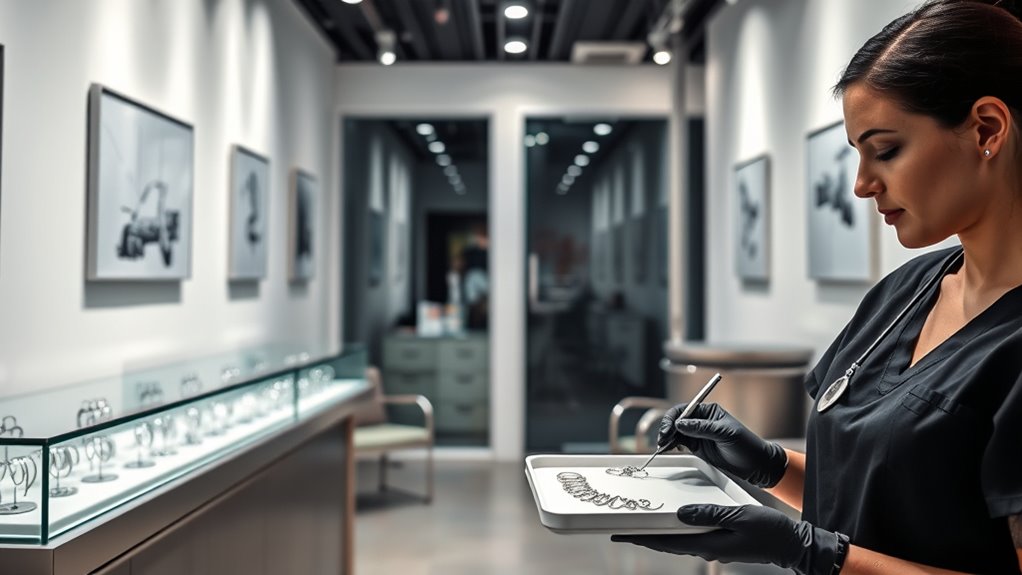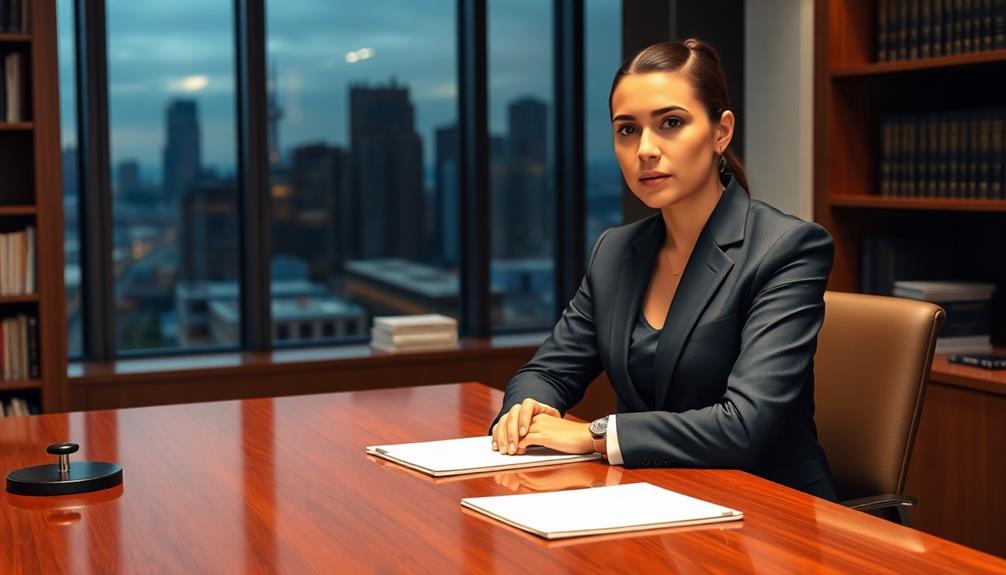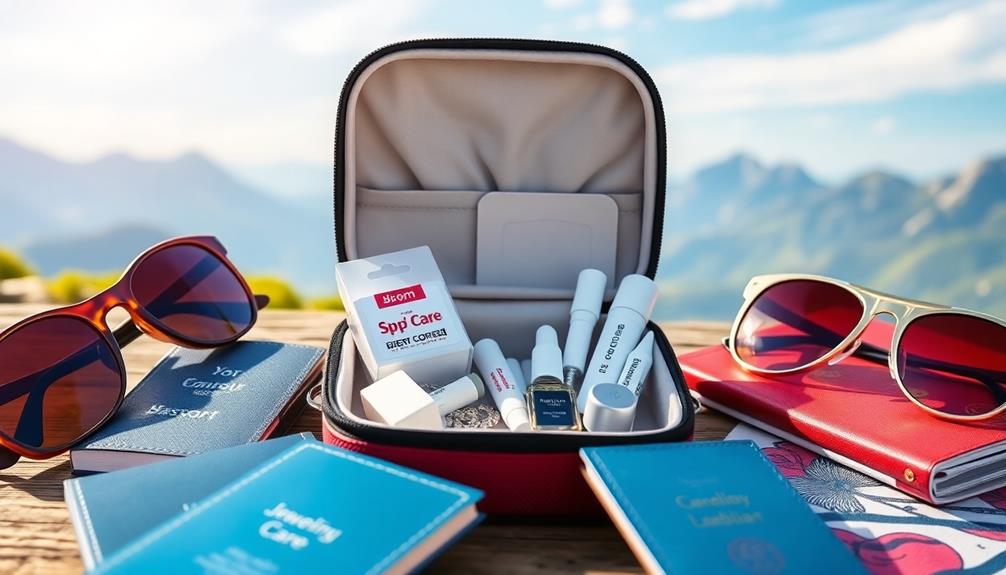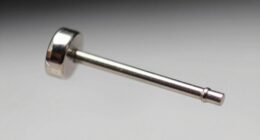When opening a piercing studio, prioritize client safety by following strict hygiene protocols and maintaining a sterile environment. Check local licensing requirements and get certified to guarantee compliance. Keep meticulous records of sterilization logs, health inspections, and client consent forms. Stay current on industry standards and train your staff in safety practices like cross-contamination prevention and proper disposal. Focusing on these fundamentals builds trust; explore the next steps to launch your successful piercing business.
Key Takeaways
- Research local licensing requirements and obtain necessary permits before opening your studio.
- Develop comprehensive safety protocols, including sterilization and hygiene standards, to ensure client safety and compliance.
- Create detailed documentation procedures for record-keeping, client consent, and health inspections.
- Train staff thoroughly on safety, sterilization, and industry best practices to maintain high service quality.
- Implement effective marketing strategies to attract clients and establish a reputable, safe piercing studio.
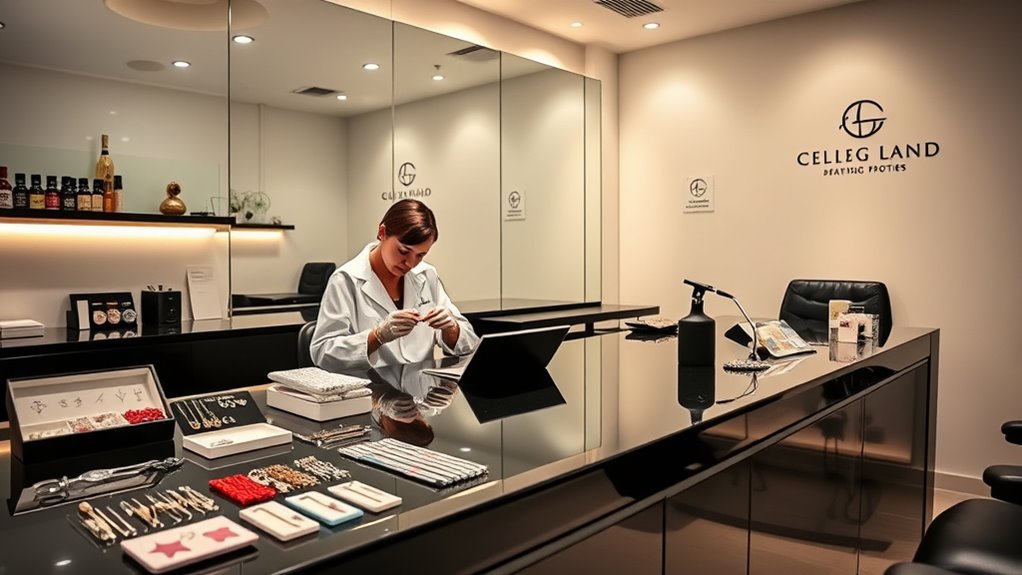
Starting a piercing studio requires more than just artistic skill; it demands a solid understanding of the business fundamentals. One of the most critical aspects is ensuring client safety, which should be your top priority from day one. Clients trust you with their bodies, so implementing strict hygiene protocols, using sterilized equipment, and maintaining a clean environment isn’t just best practice—it’s essential. Not only does this protect your clients from infections and complications, but it also builds your reputation as a responsible and professional piercer. Prioritizing safety also means staying updated on industry standards and best practices, which can vary depending on your location.
Speaking of which, understanding licensing requirements is a crucial step in launching your piercing studio legally and ethically. Every city, county, or state has its own regulations governing piercing studios, and failure to comply can result in hefty fines, closure, or legal issues. Typically, licensing involves passing health and safety inspections, demonstrating your knowledge of sterilization procedures, and sometimes completing specific training or certification programs. It’s important to research these requirements early—contact your local health department or licensing board to get detailed information. Completing the necessary paperwork and obtaining licenses before opening your doors helps you avoid unexpected setbacks down the line.
Beyond licensing, maintaining proper documentation is equally important. Keep records of your sterilization logs, health inspections, and client consent forms. These not only help you stay compliant but also protect you in case of disputes or health concerns. Additionally, establishing clear policies around client safety—such as screening clients for allergies or health issues—can prevent complications and demonstrate your professionalism.
Investing in proper training is another key step. Even if you’re skilled artistically, understanding the health, safety, and legal aspects of piercing is essential. Many jurisdictions require piercers to complete specific courses or apprenticeships to qualify for licensing. These programs cover important topics like cross-contamination, proper needle disposal, and client consultation procedures. Completing these courses not only helps you meet licensing standards but also ensures you’re well-equipped to provide safe, high-quality services.
Frequently Asked Questions
What Are the Initial Costs to Start a Piercing Studio?
You’ll need around $20,000 to $50,000 to start your piercing studio. Equipment costs, including sterilizers, needles, and jewelry, can range from $5,000 to $15,000. Staff hiring expenses, such as wages for trained piercers and receptionists, might cost $10,000 to $25,000 upfront. Additionally, consider costs for licensing, rent, supplies, and marketing. Planning carefully helps make certain you cover these initial investments for a successful launch.
How Do I Find a Suitable Location for My Studio?
You should look for a location with good visibility and foot traffic, guaranteeing easy access for clients. Consider the studio layout to optimize space for cleanliness and efficiency, creating a welcoming environment that prioritizes customer comfort. Check nearby businesses and neighborhoods to attract your target market. Visit potential sites during different times to gauge activity levels, and ensure the space meets health and safety regulations for a professional piercing studio.
What Licenses and Permits Are Required?
You need to obtain the necessary health regulations and permits to operate legally. Check local health departments for specific licensing requirements, including those related to sterilization and sanitation. Make certain you have client consent forms that clearly outline risks and aftercare instructions. Securing these licenses and maintaining compliance with health regulations protect both your clients and your business, and they help build trust in your professional standards.
How Can I Effectively Market My Piercing Studio?
Think of marketing your piercing studio as planting seeds for growth. You should leverage social media platforms to showcase your work, share client testimonials, and run targeted ads. Develop strong branding strategies that reflect your studio’s unique vibe, making it memorable. Engage with your audience regularly, respond to comments, and post consistently. These efforts will help attract new clients and build a loyal community around your piercing studio.
What Insurance Coverage Is Necessary for a Piercing Business?
You need liability insurance to protect your piercing business from potential lawsuits and claims. Additionally, make sure your insurance covers sterilization standards, ensuring proper infection control and patient safety. These coverages help safeguard your studio’s finances and reputation. Regularly review your policy to stay compliant with industry regulations and to address any new risks that may arise as your business grows.
Conclusion
Starting your piercing studio isn’t just a business—it’s a revolution in self-expression. With passion, dedication, and a touch of boldness, you can turn a simple idea into an empire that changes lives. Remember, every piercing you create isn’t just jewelry; it’s a story, a statement, a mark on the world. So go all in—because when you open your doors, you’re not just running a studio, you’re shaping the future of style itself.

